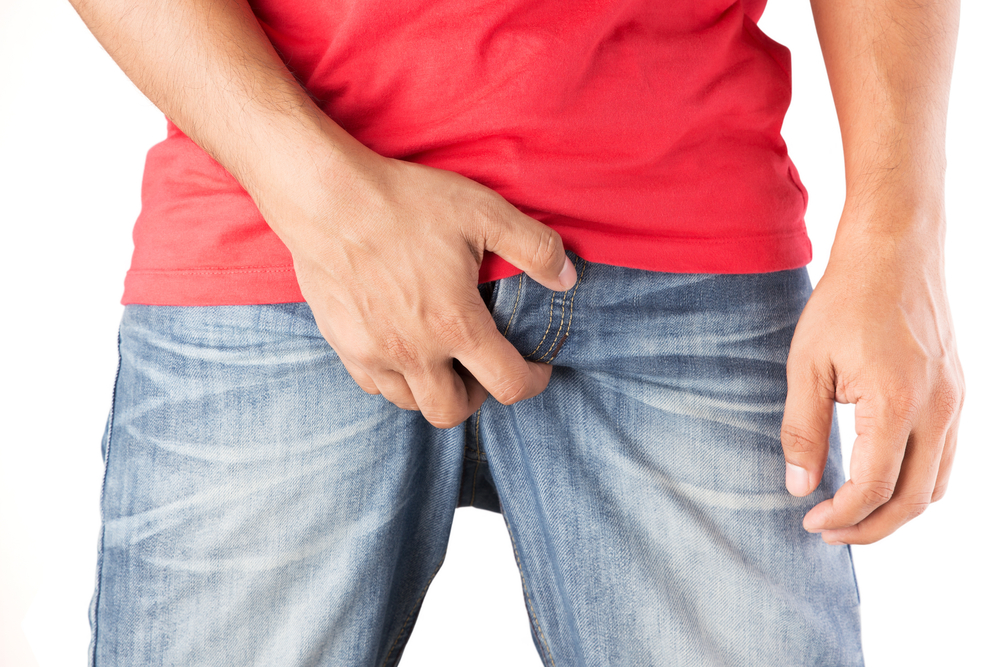Contents:
Medical Video: Diabetes Symptoms & Treatments : Testing for Diabetes
One way doctors diagnose type 2 diabetes is to undergo an oral glucose tolerance test. This test is quite painful, but the duration is quite fast. This test can identify how well your body is able to regulate insulin levels and high blood glucose.
The test begins by stopping eating and drinking for 8 hours before the test begins. Three days before the test, you should focus on eating a carbohydrate-rich diet. You should also stop drinking coffee or smoking on the morning of the test. In the doctor's office, you will drink about 75-100 grams of glucose-rich drinks. Then, for the next 3 hours, several blood samples (usually 4 samples) will be taken to test the progress of your glucose levels.
Normal patients will experience a dramatic increase in blood glucose shortly after drinking glucose-rich drinks. Patients with diabetes will experience the same dramatic increase (usually higher than those without diabetes), but glucose levels in these diabetics will remain high. While in people with non-diabetes, this will drop rapidly, as an act of insulin on glucose in their blood.
Glucose tolerance test and diagnosis of diabetes
When you are confronted with the results of an abnormally high oral glucose tolerance test, you are said to have "impaired glucose tolerance." A diagnosis of diabetes will appear after two different tests on two different days show a glucose reaction disrupted and a poor insulin response. If a patient is pregnant and underwent this test, she can be diagnosed with gestational diabetes, if her fast plasma glucose level is high and cannot return to normal after an oral glucose tolerance test.
When a person's glucose level does not drop after the initial increase in glucose in their blood, doctors will often recommend that the person return for another test on another day. It is very important to follow up on each outcome, especially when abnormally high, if you experience symptoms of diabetes or are at high risk for the condition. It is important to diagnose diabetes and start treatment as early as possible, because untreated diabetes will lead to organ failure, long-term health ailments, and even death.
Remember that being diagnosed with impaired glucose tolerance does not mean that you will automatically develop diabetes. Only about 5% of patients with impaired glucose tolerance will develop diabetes. Many of those diagnosed early with impaired glucose tolerance can avoid diabetes by changing their lifestyle. For example, losing 5-10% of your body weight and doing only 30 minutes of moderate exercise a day, 5 days a week, can reduce the appearance of diabetes in yourself by almost 50%!
The earlier you test for impaired glucose tolerance, you can make changes that will improve the quality of your life. It even has the potential to save you from serious long-term health problems. This change will also save money in the long run in terms of health costs and time lost at work.
What is the procedure for this test?
Before the test, you will be asked not to eat, or drink certain fluids, 8-12 hours before the test.
You may be asked not to use certain drugs until the time the test arrives, but only if this will affect the test results.
For the test itself, you will first take blood to measure your blood glucose levels before the test. The next stage, you will be asked to taste very sweet foods and glucose-rich drinks.
Then your blood will be taken to sample at regular intervals of 30 or 60 minutes, or a single test after 2 hours. This test can take up to 3 hours.
In between blood tests, you will need time to get back to be better as before the blood test is done. You can fill that time by reading a few books or doing something else to keep you busy and not get bored quickly.
How should the test results be obtained?
- People without diabetes
Fasting value (before the test): below 6 mmol / L
After 2 hours: below 7.8 mmol / L
- People with impaired glucose tolerance
Fasting value (before the test): 6.0-7.0 mmol / L
After 2 hours: 7.9-11.0 mmol / L
- Diabetes
Fasting value (before the test): more than 7.0 mmol / L
After 2 hours: more 11.0 mmol / L
If you are in the range of impaired glucose tolerance, you might be advised to change your lifestyle. In some cases, your doctor will recommend you use a blood-lowering glucose drug.
Hello Health Group does not provide medical advice, diagnosis or treatment.












